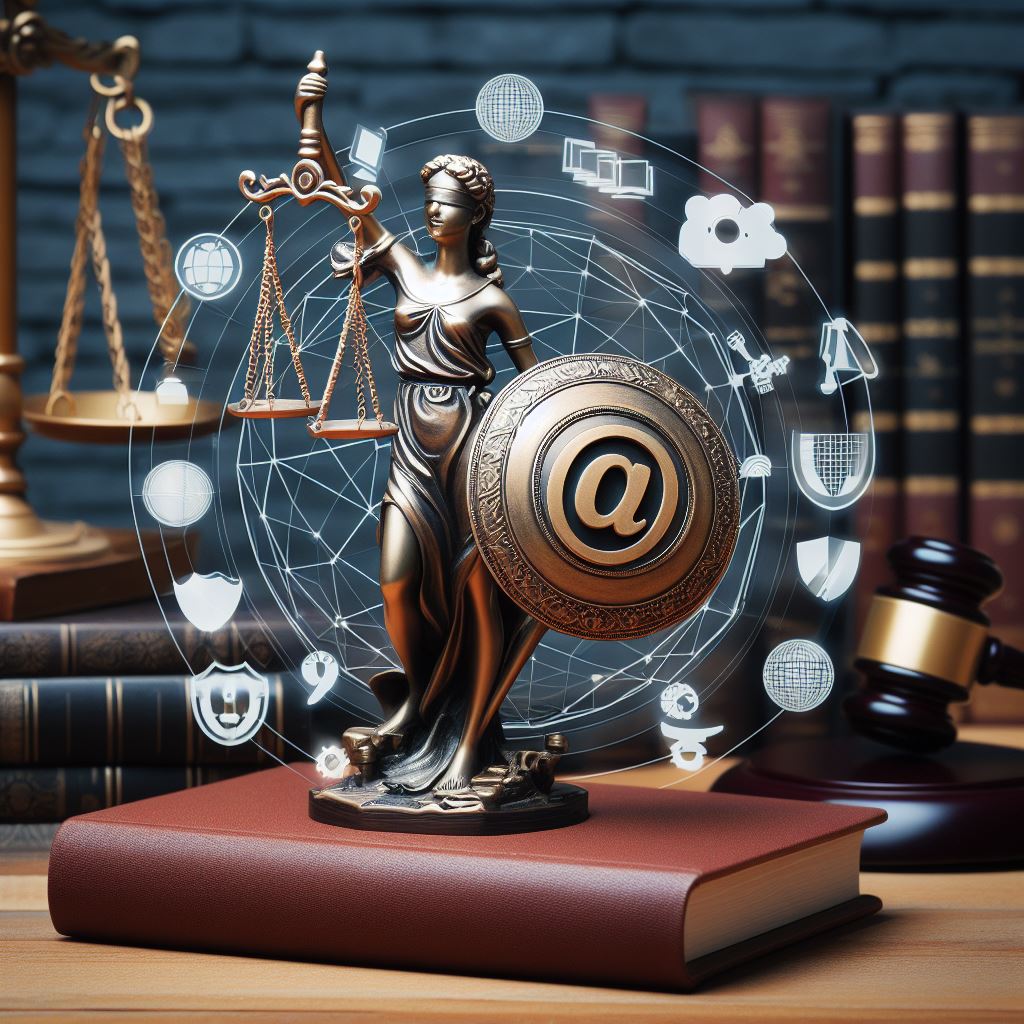- Intellectual property rights are a crucial aspect of modern society, defining individuals' rights to the results of their creative endeavors. These rights allow authors and owners of intellectual property to control the use of their creations and derive benefit from them.
- Objects Covered by Intellectual Property Rights
- Objects falling under intellectual property rights include literary and artistic works such as books, paintings, music, computer programs, databases, musical or dance performances, phonograms, videos, as well as broadcasting programs, scientific discoveries, inventions, utility models, industrial designs, rationalization proposals, plant varieties, animal breeds, commercial names, trademarks, geographical indications, and trade secrets. The law provides corresponding protection for objects recognized as intellectual property.
- Actions Constituting Intellectual Property Rights Violations
- Violations of intellectual property rights include:
- 1. Counterfeiting of goods or services: Manufacturing or selling counterfeit goods that bear the patents, trademarks, or copyrights of another company without permission.
- 2. Plagiarism and unauthorized copying: This involves copying or using others' works without proper acknowledgment of authorship. It can apply to articles, music, films, software, or any other form of intellectual property.
- 3. Unauthorized use of trademarks: This involves using a company's name, logo, or brand without permission for the sale or advertisement of products or services.
- 4. Copyright infringement online: This may include publishing others' materials online without the author's permission, such as texts, photographs, videos, or music.
- 5. Unauthorized use of confidential information: This may involve using confidential information, such as patents, inventions, or technologies, without the owner's permission for personal gain or to create competing products or services.
- Forms of Intellectual Property Rights Protection
- Non-jurisdictional protection of intellectual property rights allows legal and natural persons to independently defend their rights without recourse to state authorities. Self-defense is the predominant form of non-jurisdictional protection, which may include active or passive actions to prevent or stop infringements.
- Article 19 of the Civil Code of Ukraine guarantees the right to self-defense of civil rights. Individuals may use lawful means of resistance to protect their rights, ensuring compliance with their nature and legislative requirements.
- Jurisdictional protection of intellectual property rights occurs when authorities assist natural and legal persons in defending violated rights. Jurisdictional protection is divided into two forms: general and special. General protection is carried out through the courts. Special protection may be administrative and is applied only in certain cases.
- Judicial protection is the most effective and is carried out by courts on the general principles of legal proceedings.
- Key Stages of Judicial Protection of Violated Intellectual Property Rights
- To seek judicial protection of violated intellectual property rights, it is necessary to gather all necessary evidence, including documents, testimonies, and other evidence of rights violations. Subsequently, it is necessary to determine which court has jurisdiction over the protection of violated rights, prepare the corresponding statement of claim, and provide legal support for the consideration of the case in court.
- Decisions Courts Can Make to Protect Violated Intellectual Property Rights
- Courts can make decisions regarding the protection of intellectual property rights. These decisions may include:
- 1. Applying urgent measures: Courts may take measures to prevent the violation of rights and preserve evidence.
- 2. Suspending the passage of goods through customs: Courts may decide to suspend the import or export of goods that violate intellectual property rights.
- 3. Seizure and destruction of goods: Courts may decide to seize and destroy goods that violate intellectual property rights.
- 4. Applying monetary compensation: Courts may decide to apply one-time monetary compensation instead of other protective measures if the violation was unintentional and disproportionate.
- 5. Compensation for unlawful use: Courts may decide to award compensation for the unlawful use of intellectual property rights.
- 6. Publication of information about the violation in mass media: Courts may decide to publish information about the violation of intellectual property rights.
- Protecting violated intellectual property rights is an important task to ensure justice and safeguard creative achievements. However, this is a complex process that requires a professional approach and qualified legal assistance.
- The legal service "Consultant" provides legal assistance in cases of intellectual property rights protection. Our lawyers will conduct a legal analysis of the situation, prepare a legal opinion / lawyer's opinion , gather necessary evidence for the case, if necessary, draft a lawyer's request, obtain necessary information or evidence on the submitted lawyer's request, and provide legal support for the consideration of the case in court.
































